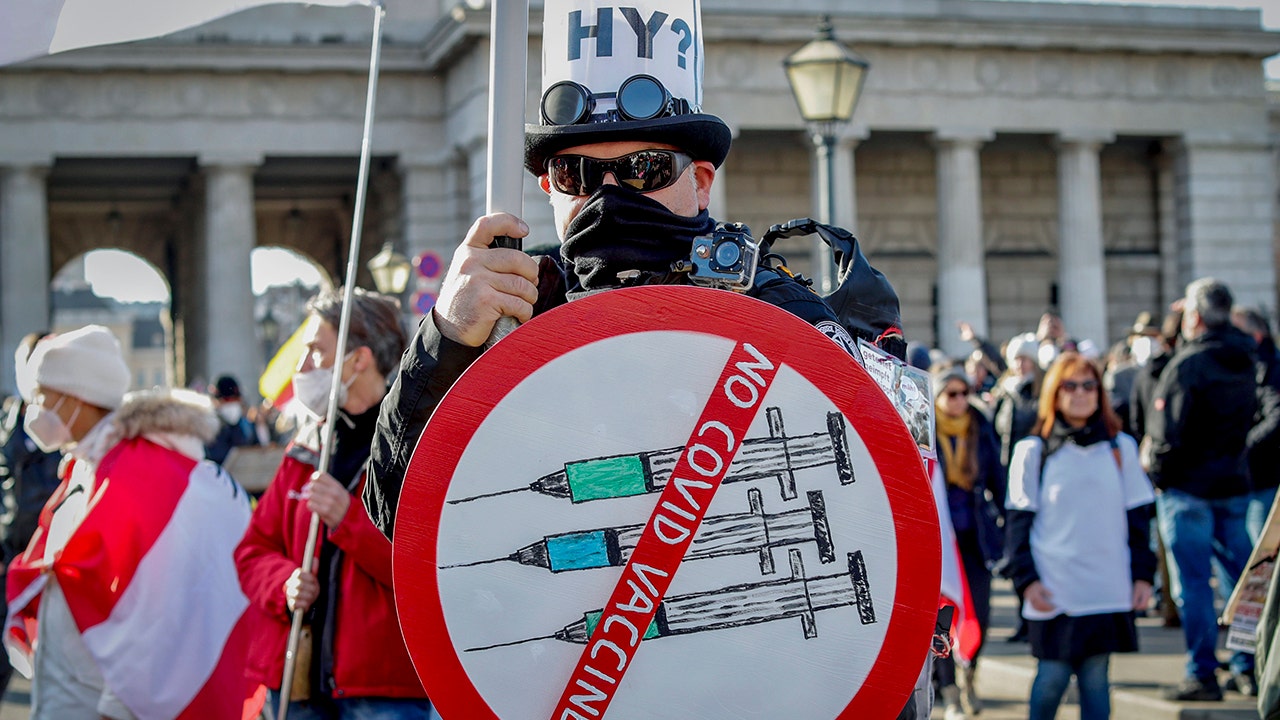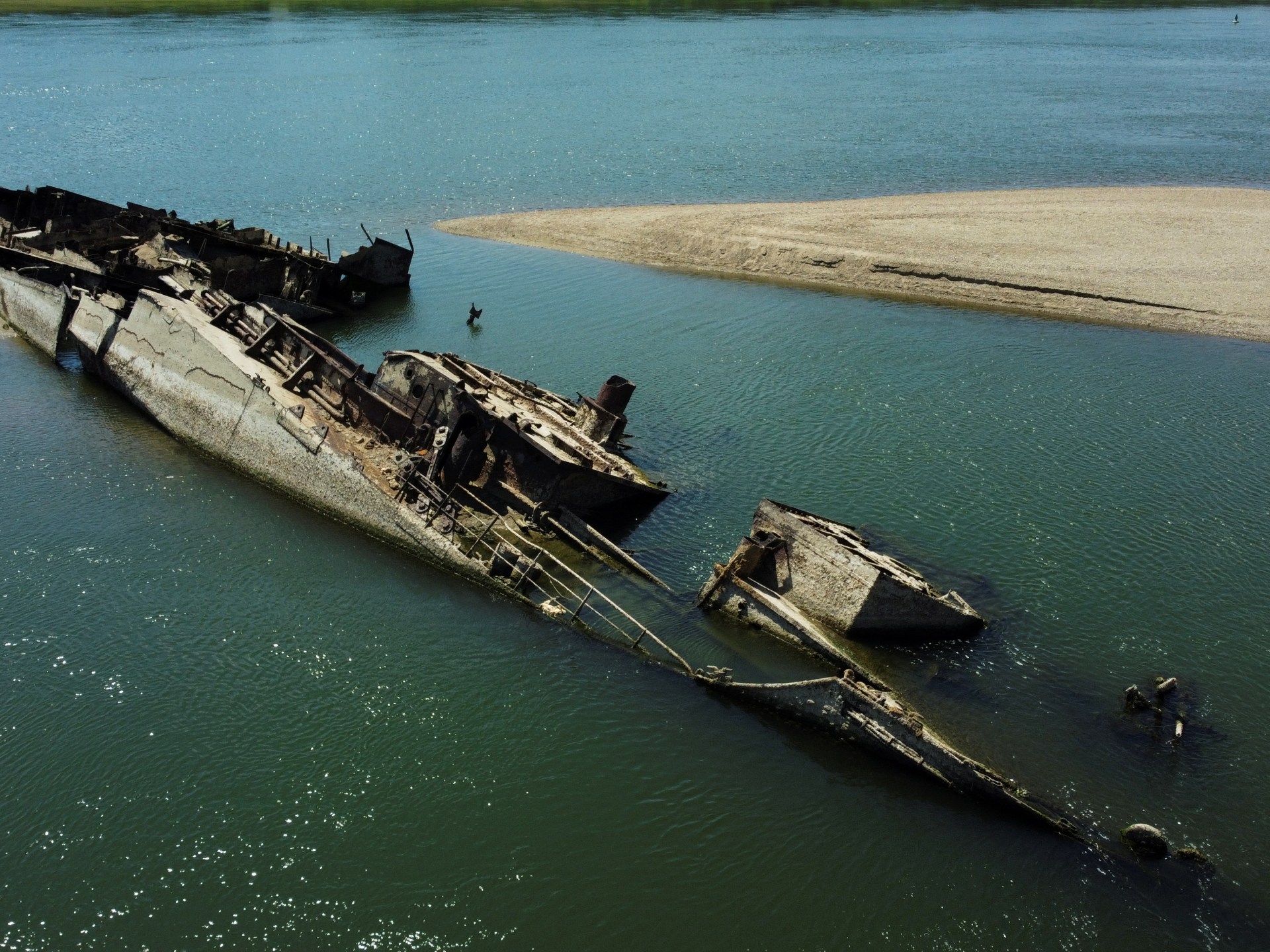COP26: The World Waits, With Faint Hope
COP26
The highest hopes for COP26 will not be met, but there were positives in Glasgow from climate funding, technology and civil society commitment, writes Rod Oram
On the last day of COP26, political delegates talked…and talked…and diluted their commitments as they haggled over their wrap up statement at the UN climate negotiations in Glasgow.
In protest, several hundred climate justice delegates, frustrated by the lack of progress and less access to negotiation sessions compared with prior COPs, staged a “People’s Plenary” in the core of the COP campus, then marched out chanting their demands.
This is how the 26th annual UN climate negotiations is ending – riven by conflicting demands, hobbled by varying ambitions and thwarted by vested interests. All in the face of the rapidly escalating co-crises of climate breakdown and ecosystem collapse.
The climate pledges of nations remain far below the ambitions needed to keep the rise in global temperature to less than 1.5C. Beyond that, the damage to climate and biodiversity will have a far rapidly escalating impact on humanity.
Among many examples of back-sliding, weak language on phasing out coal-fired electricity plants and fossil fuel subsidies has only got weaker in the past 24 hours. However, if subsidies remain in the final text, it will be their first explicit mention in a quarter of a century of UN climate summit text and treaties.
U.S. climate envoy John Kerry called government policies subsidising oil, gas and coal production “a definition of insanity.” Yet, he defended the weakening of the draft language on them.
The pervasive fossil fuel influence on negotiations — the sector has more than 500 delegates here, out-numbering Brazil, the largest country delegation — was “like hosting an Alcoholics Anonymous conference and inviting the alcohol industry to be the biggest contributor,” said human rights activist Kumi Naidoo, a former head of Greenpeace International.
Vulnerable countries are seeing only limited progress on climate finance from the governments of high income countries. Overall, the negotiating stream on climate-driven Loss and Damage has made only limited progress under the chairing of the UK government, the COP26 host.
There were no indications how long negotiations will go past their official deadline of 6pm Friday in Glasgow (7 am Saturday, NZT). At a minimum, they’re likely to run into the early hours of Saturday at the venue. The previous COP in Madrid in 2019 ran on for two further days, yet still ended with minimal progress.
While the pace and intensity of political negotiations picked up on Friday, civil society activities wound down rapidly. With the vast array of country and special interest pavilions offering only a handful of events, delegates were sparse.
On the first Thursday of COP, the crowd at the Green Pathways pavilion hosted by Nordic countries had spilled over into the surrounding walkways. They were there to hear Fatih Birol, executive director of the International Energy Agency, talk of its roadmap for a net zero global energy system by 2050.
But on the last day of COP only a handful of people turned up to discuss “COP26 outcome – what did we achieve, what’s next.” Nearby, the once crowded Australian pavilion was populated by two people.
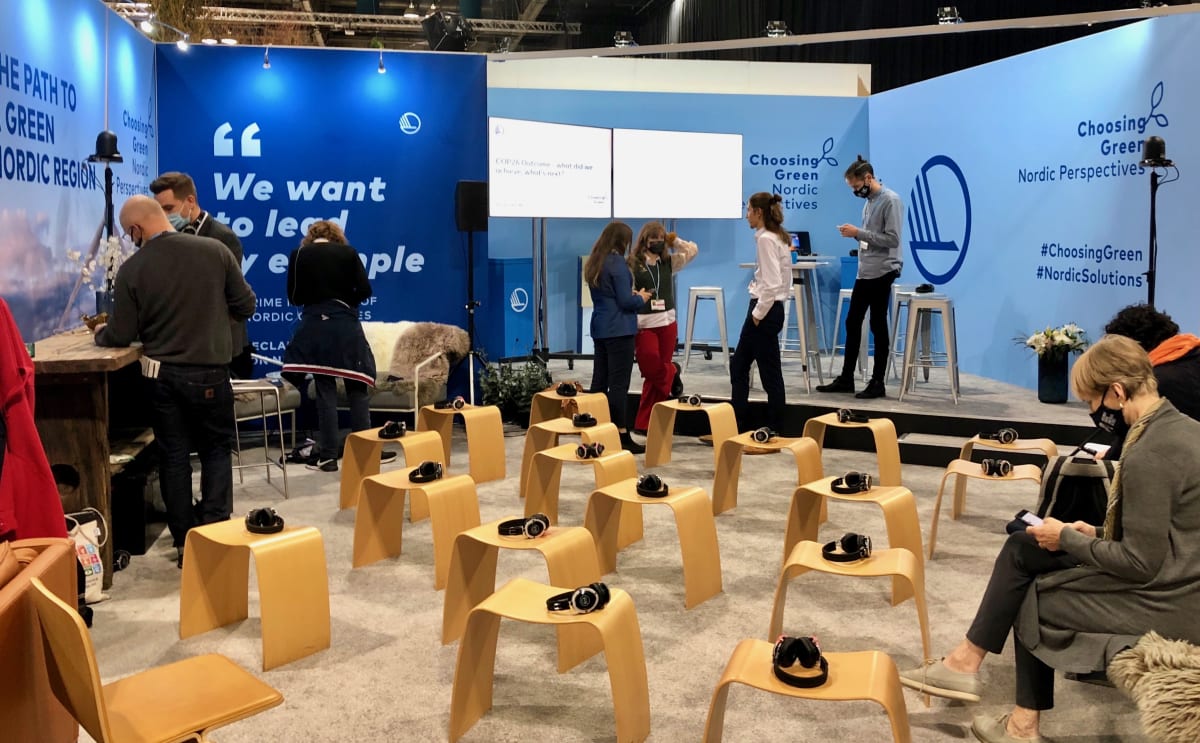
Elsewhere in the COP campus, the Action Hub, a highly popular place to meet under a huge, revolving globe, had plenty of spare seats and beanbags. Yet scattered around the campus, a few people were still meeting informally in small numbers in quiet corners. Perhaps grateful for the peace and quiet after 13 days of hubbub bordering on bedlam, they were surely pursuing their climate imperatives.
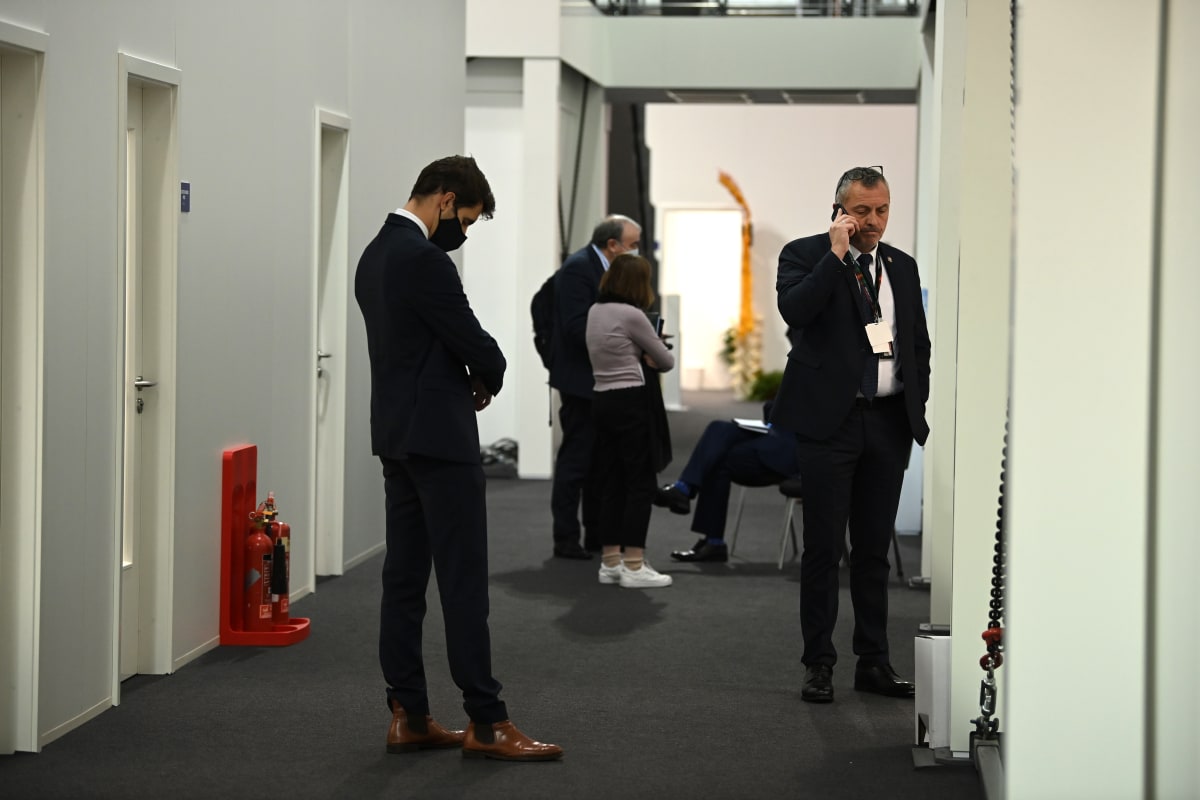
Once we get the final declaration from COP, it will certainly fall far short of the highest hope for the negotiations – pledges from the nations of the world for sufficient carbon reductions to give humanity a chance for a 1.5C world. And there will be plenty of other failures, fudges and limited ambitions.
However, there is far more to COPs than the final declaration. This one has been notably successful in terms of a big ramp up in civil society action, of a flood of private sector capital into climate solutions, and of much greater cop-operation and collaboration between players, even people once at odds with each other.
Still, we have an infinite amount of work ahead. For a glimpse of just a couple of aspects of our opportunities in Aotearoa, I stepped out of the COP campus on Friday during a lull in negotiation news to catch up with a fellow Kiwi attendee and friend, Juhi Shareef.
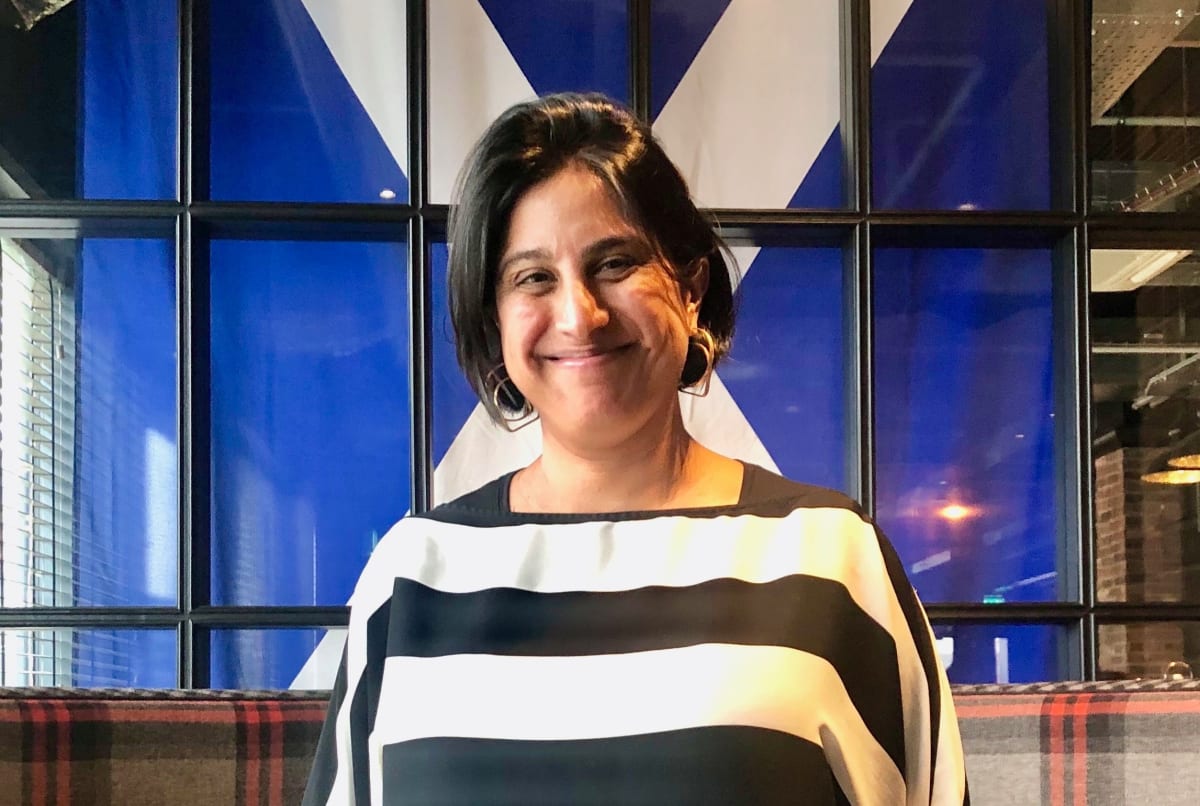
Juhi is Chief Responsibility Officer at Tourism Holdings, New Zealand’s largest tourism company. We talked about her NGO work here at COP, her project to help grow the community of circular economy companies in New Zealand and Tourism Holdings sustainability journey. A short audio of the interview, and a fuller version, are here:



